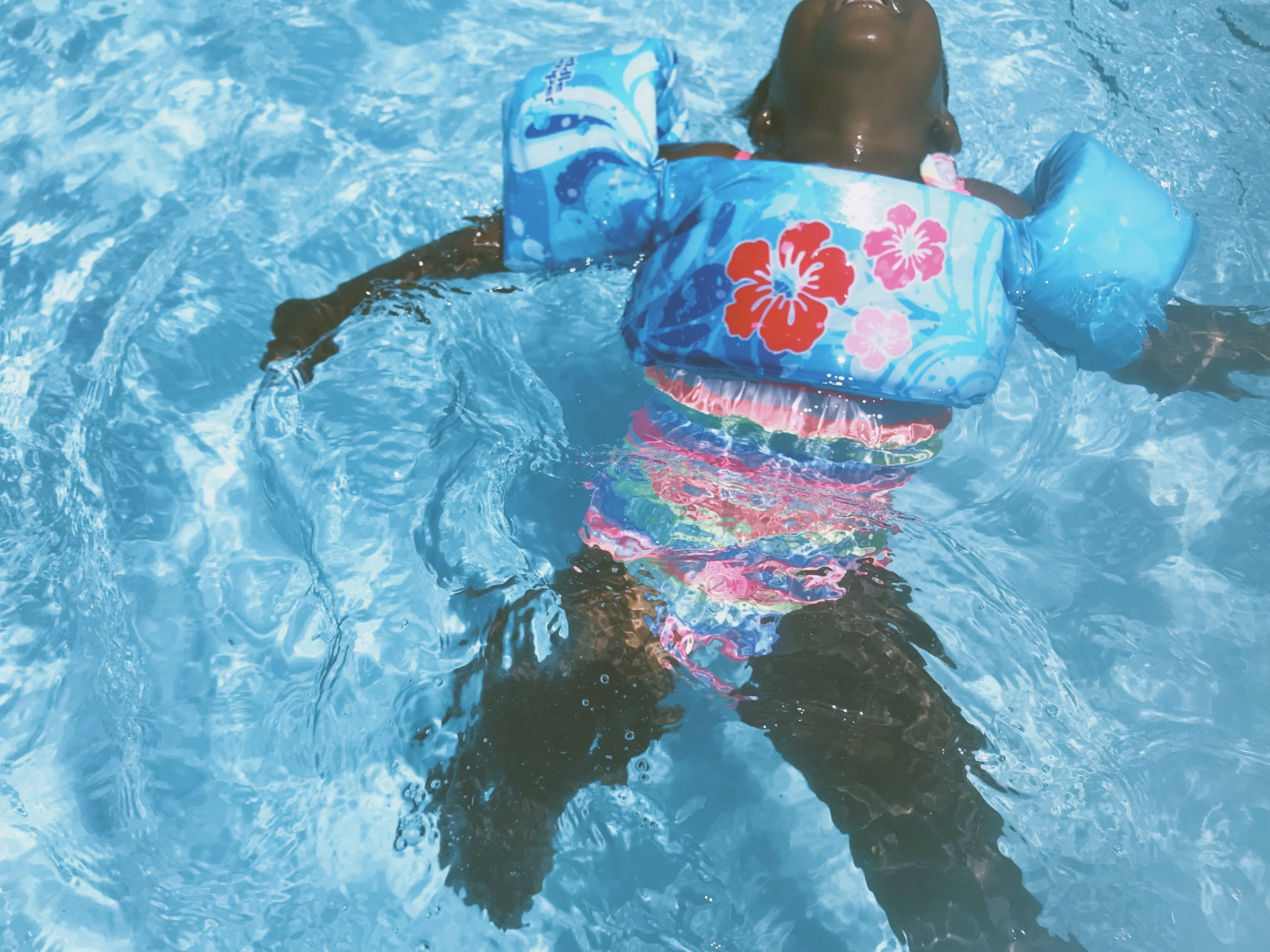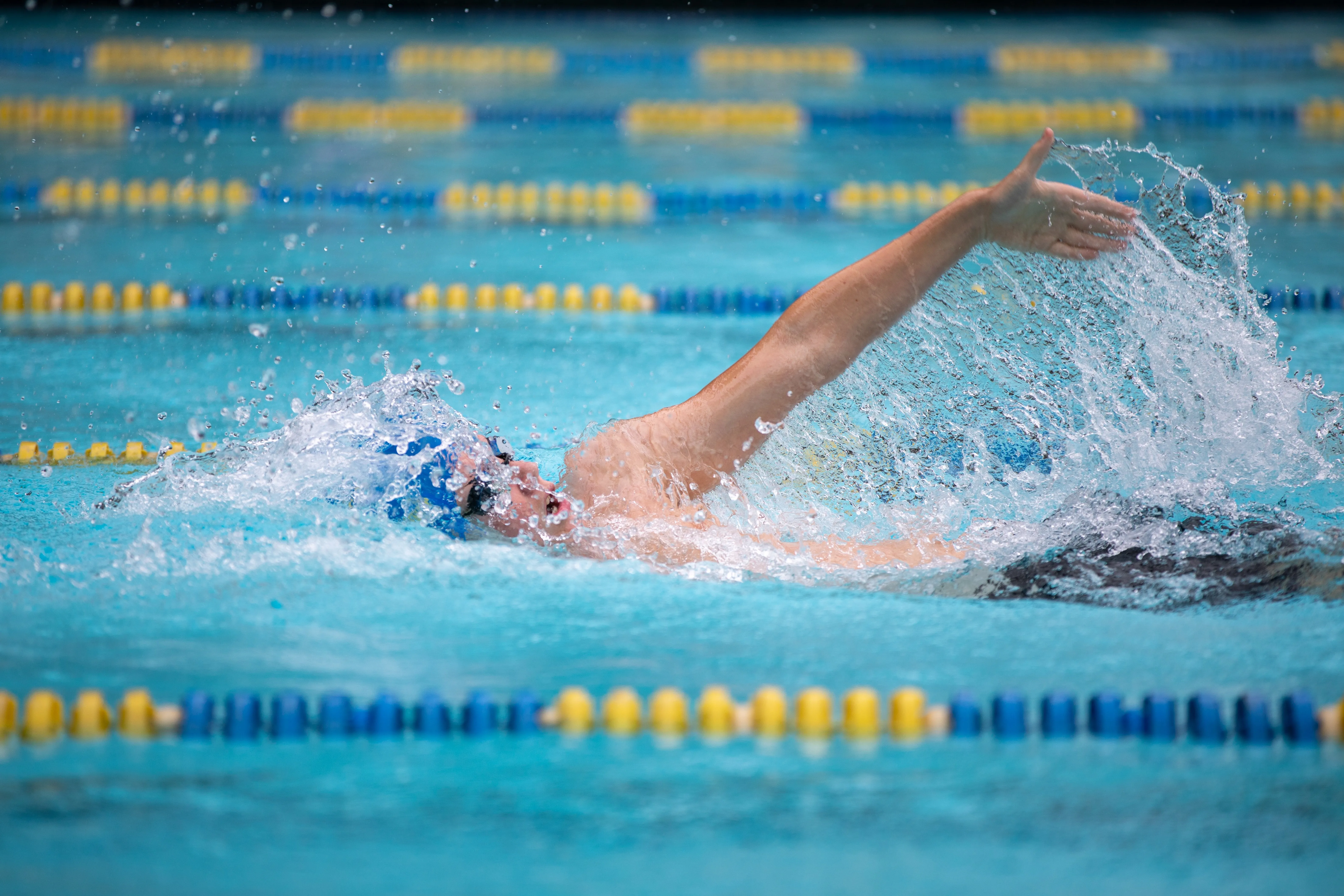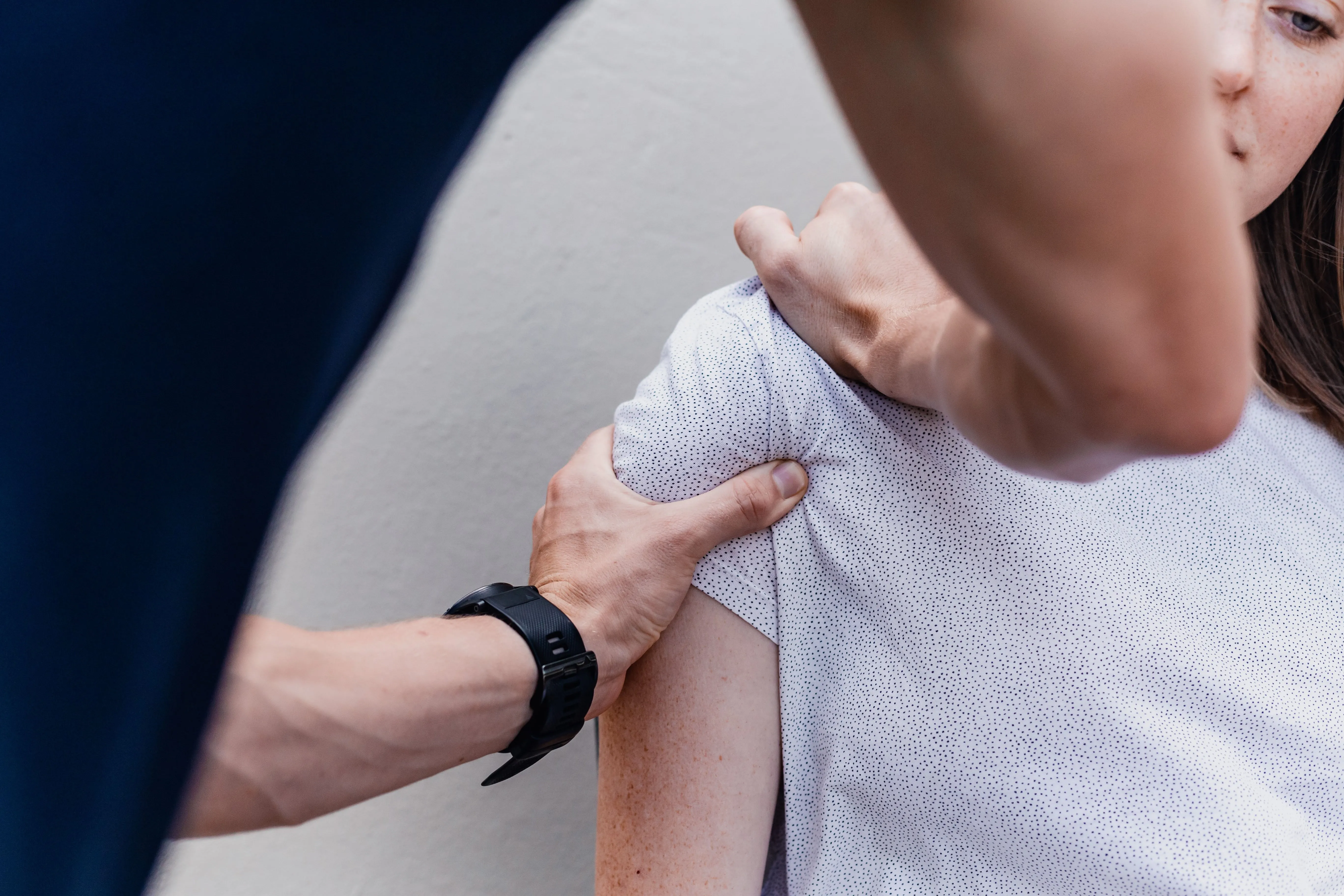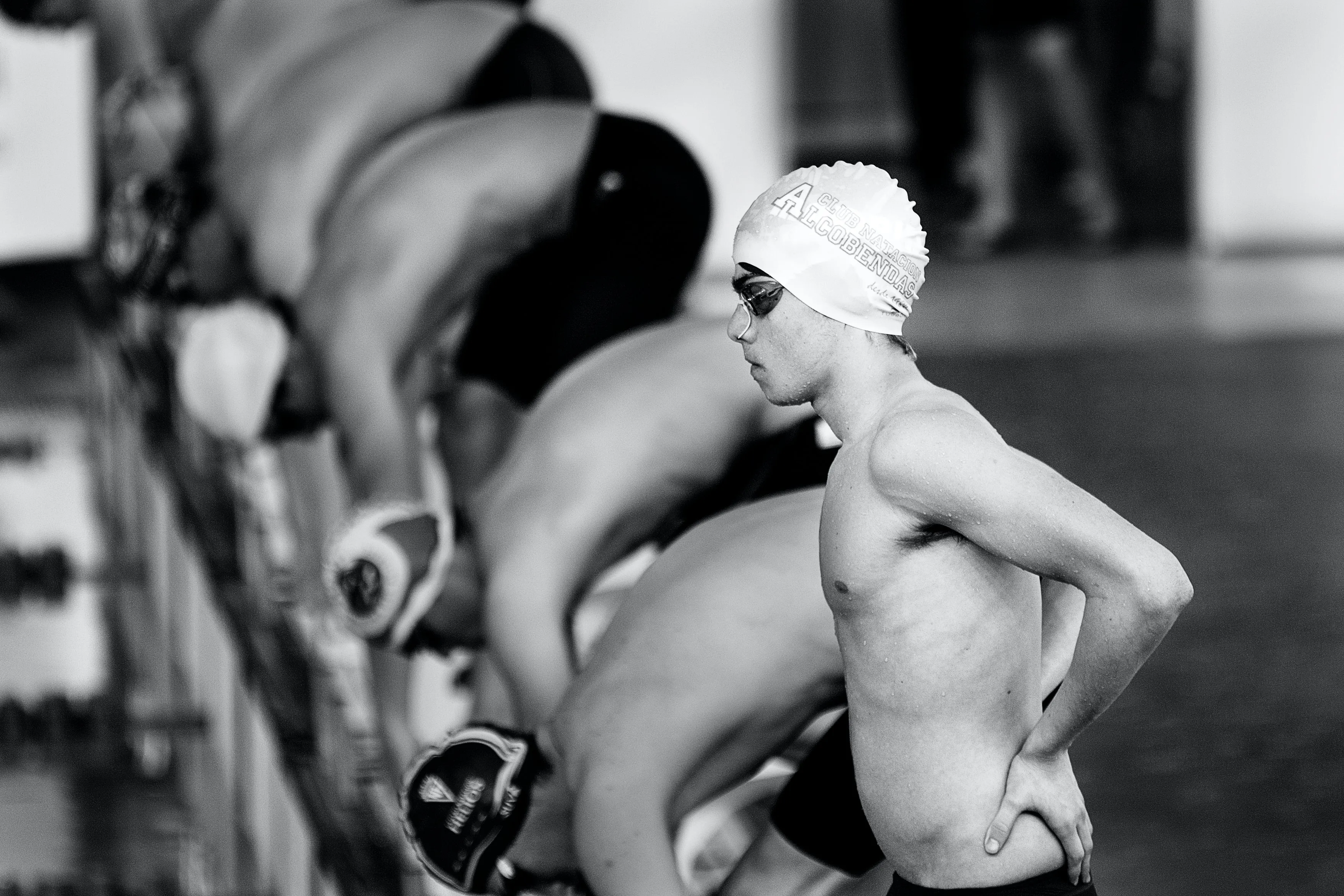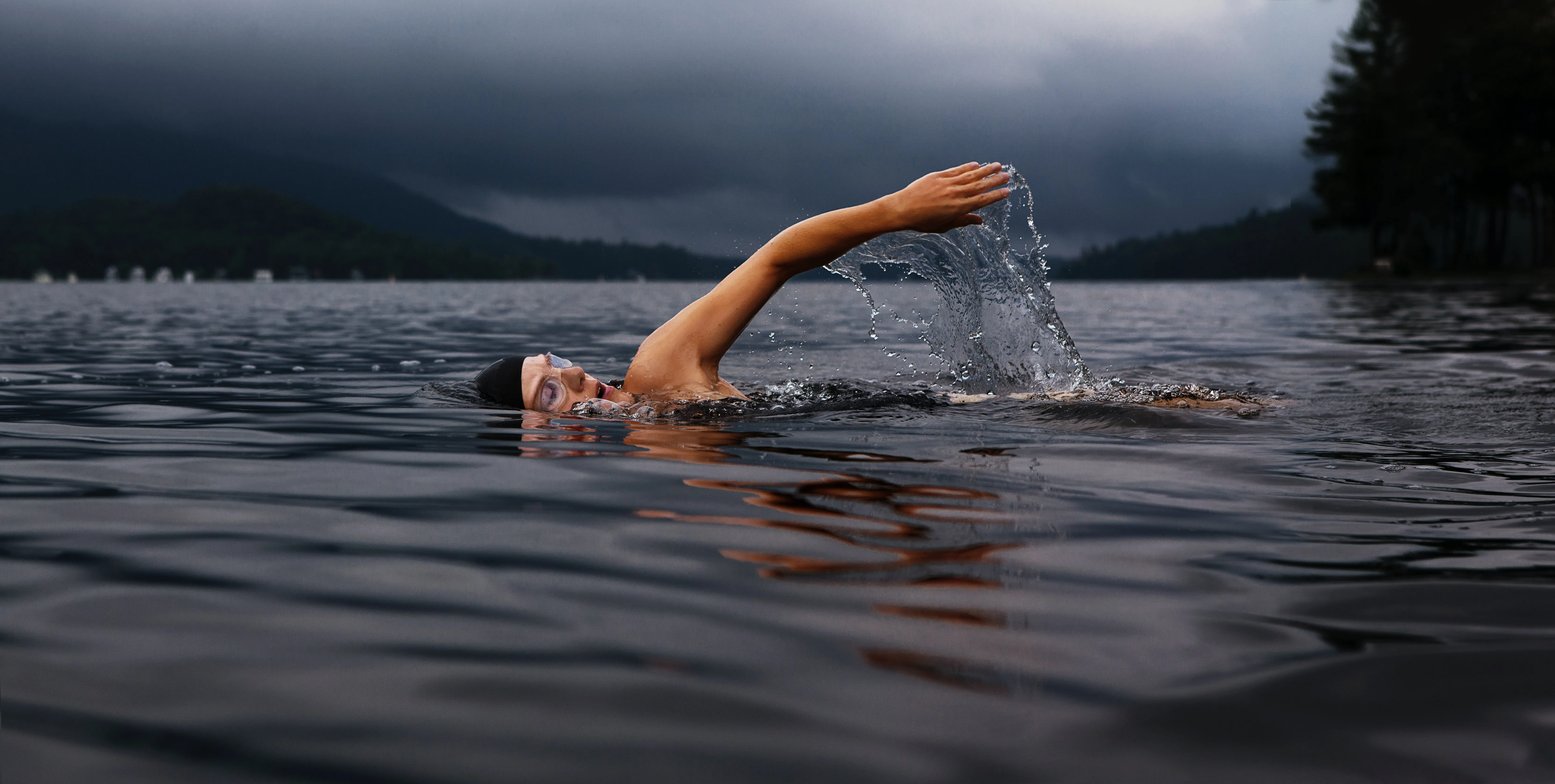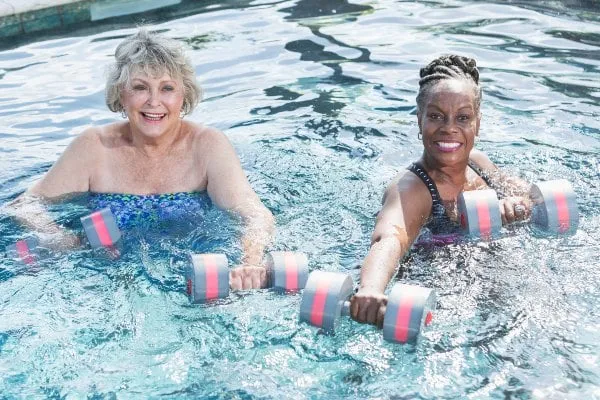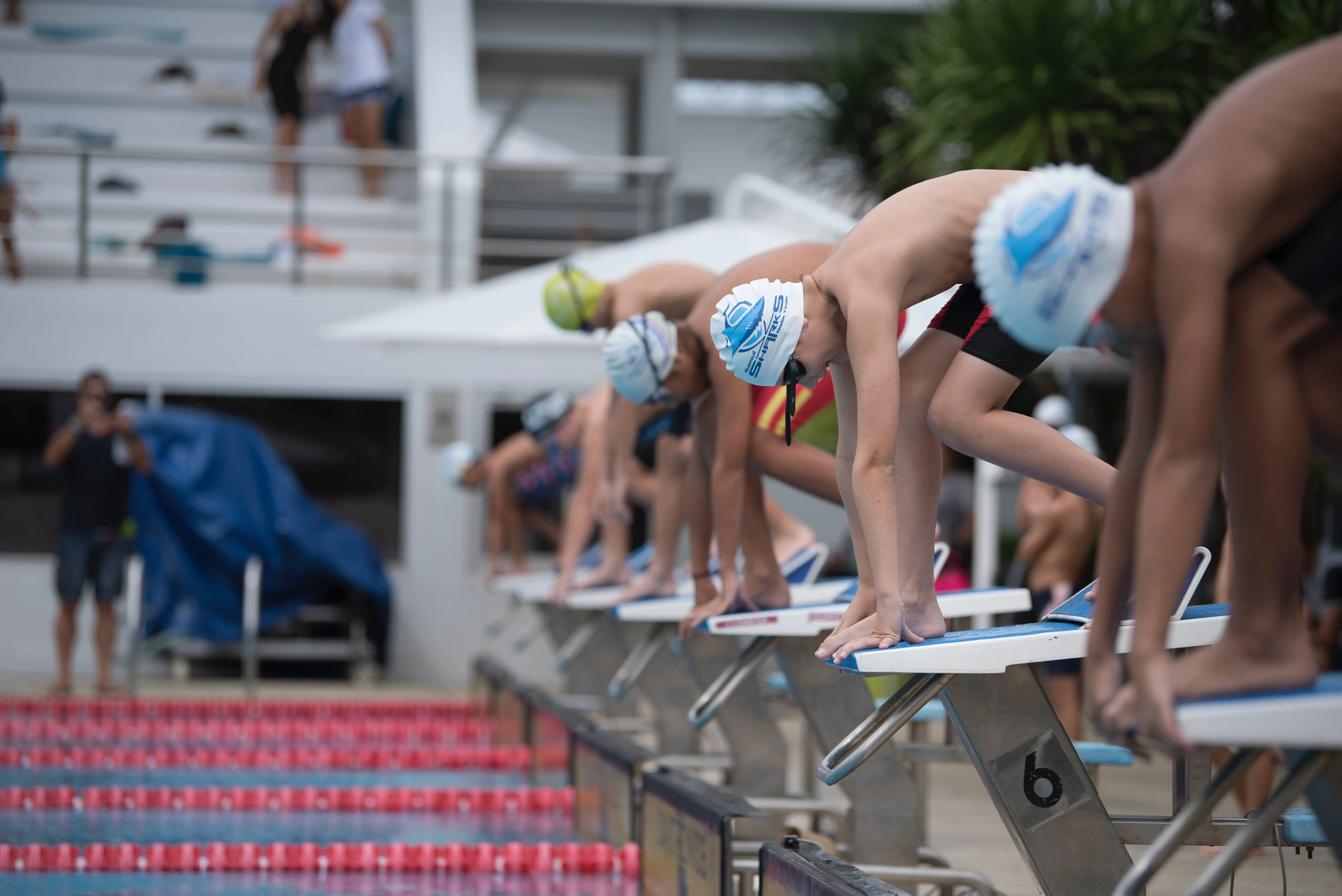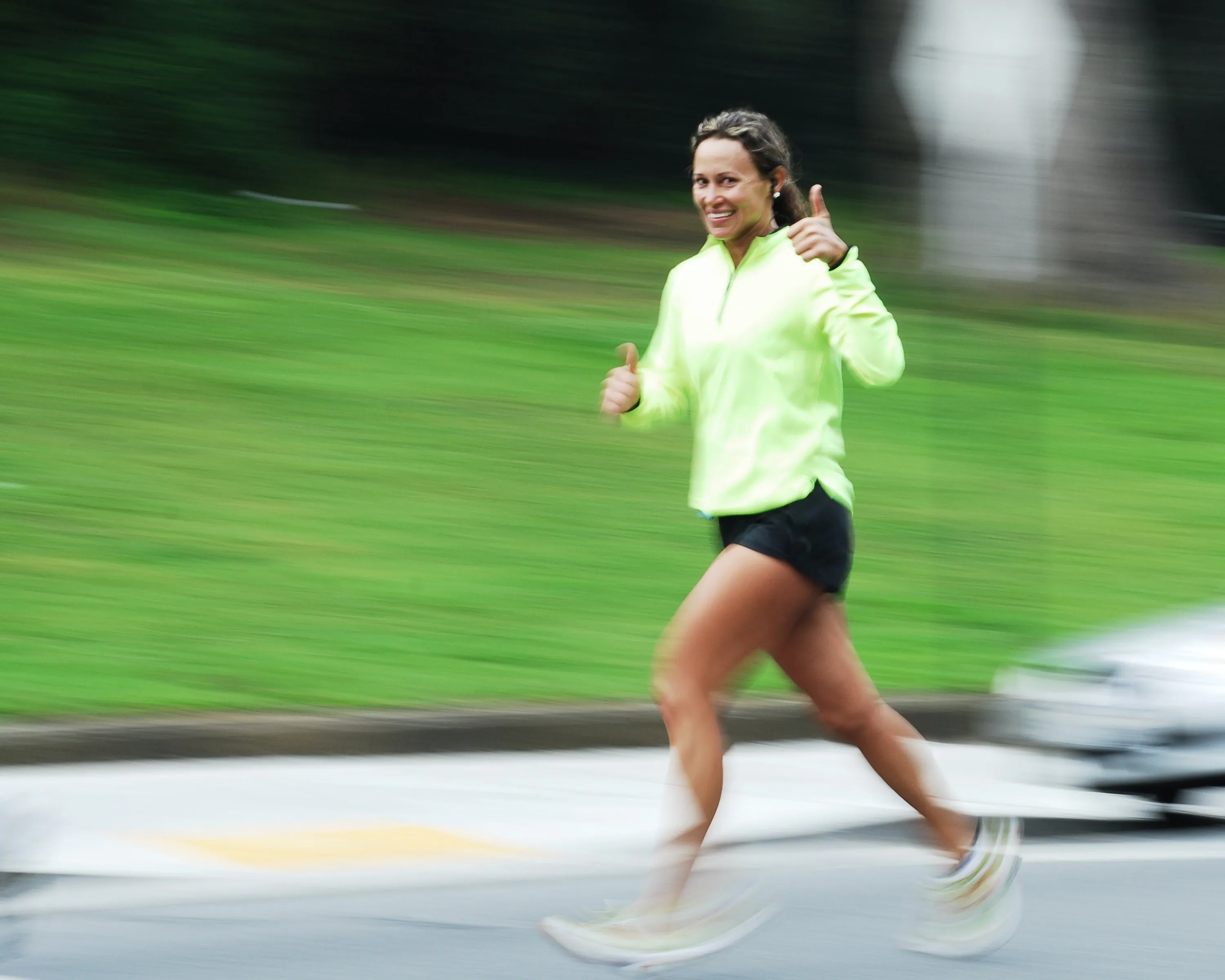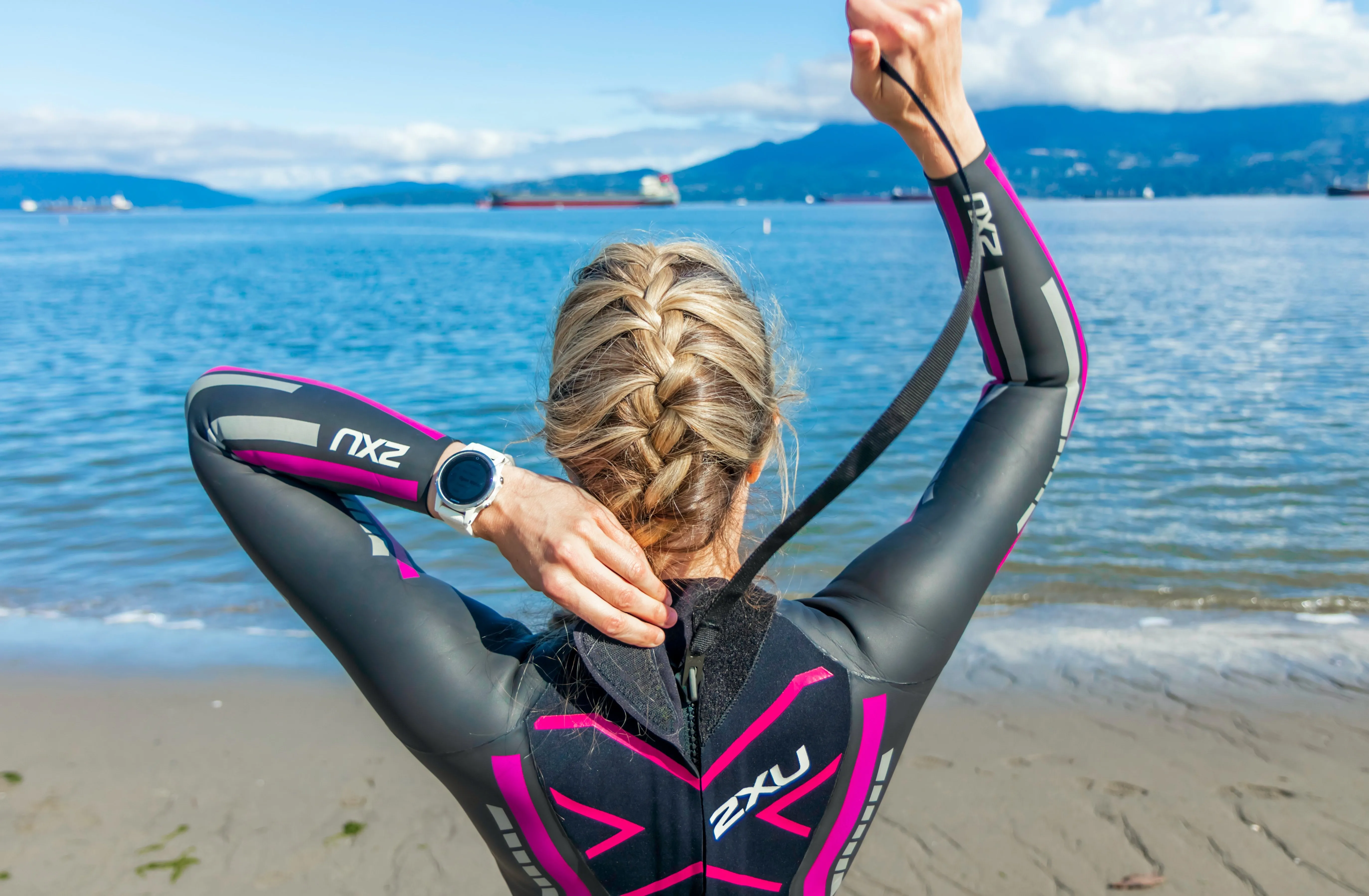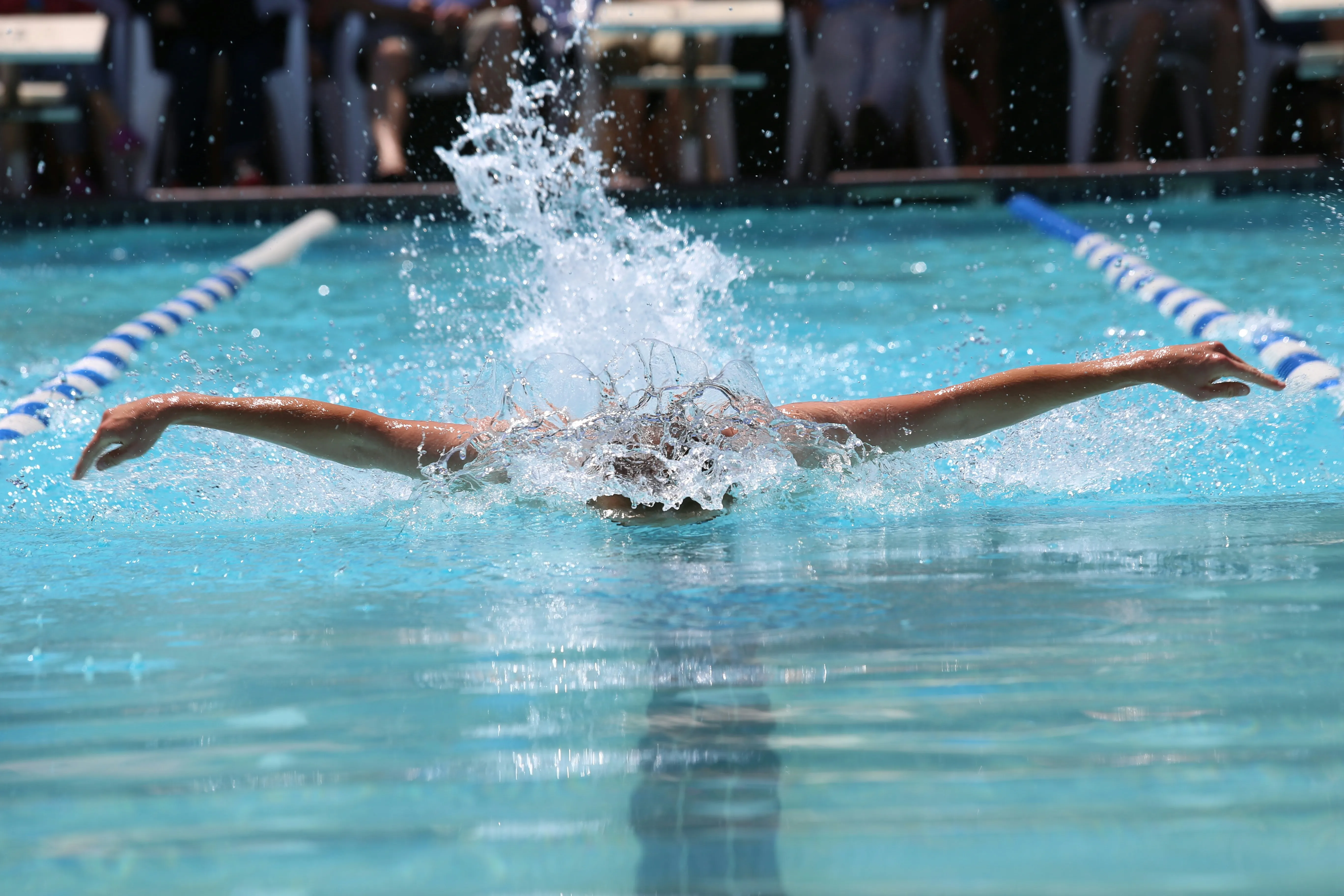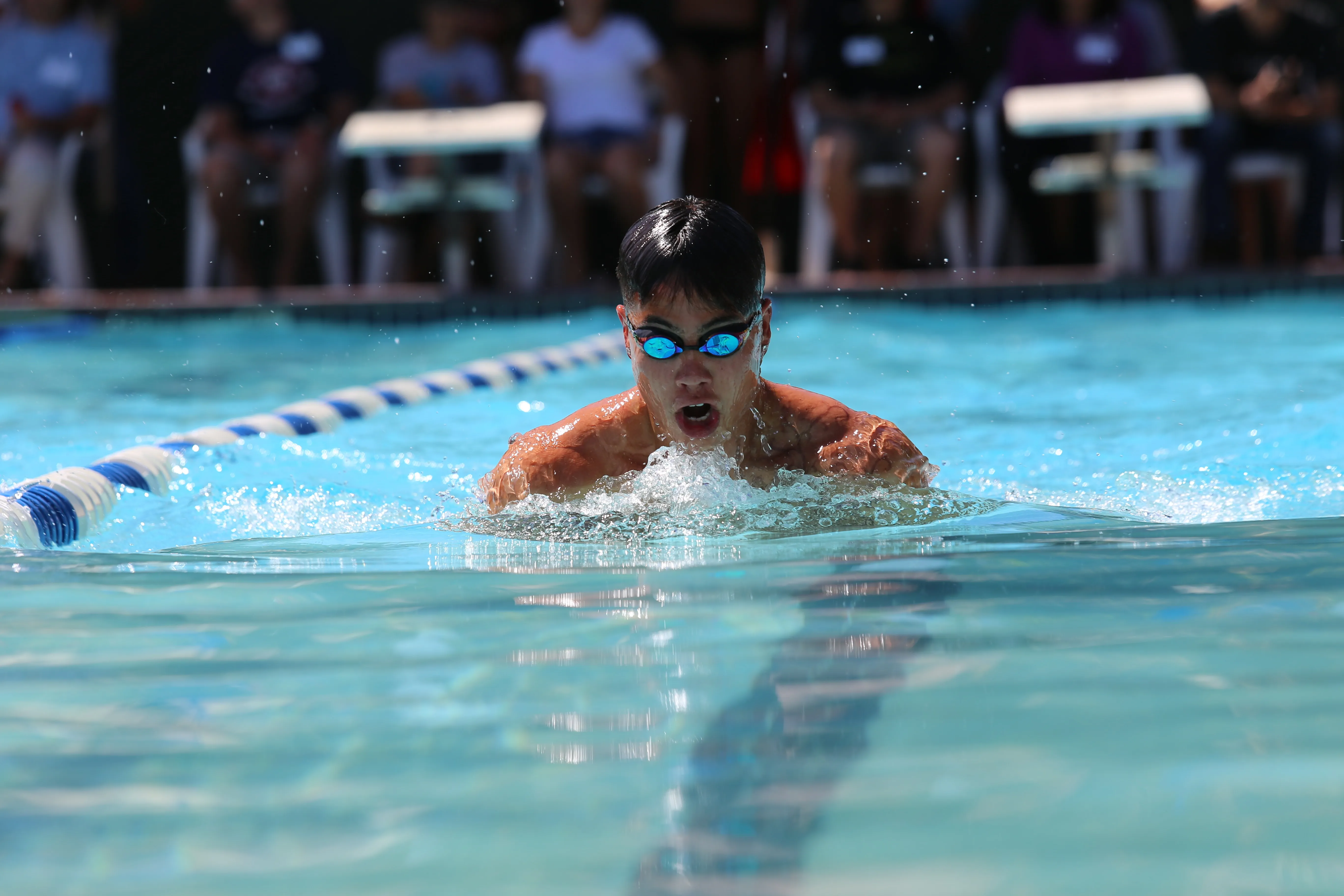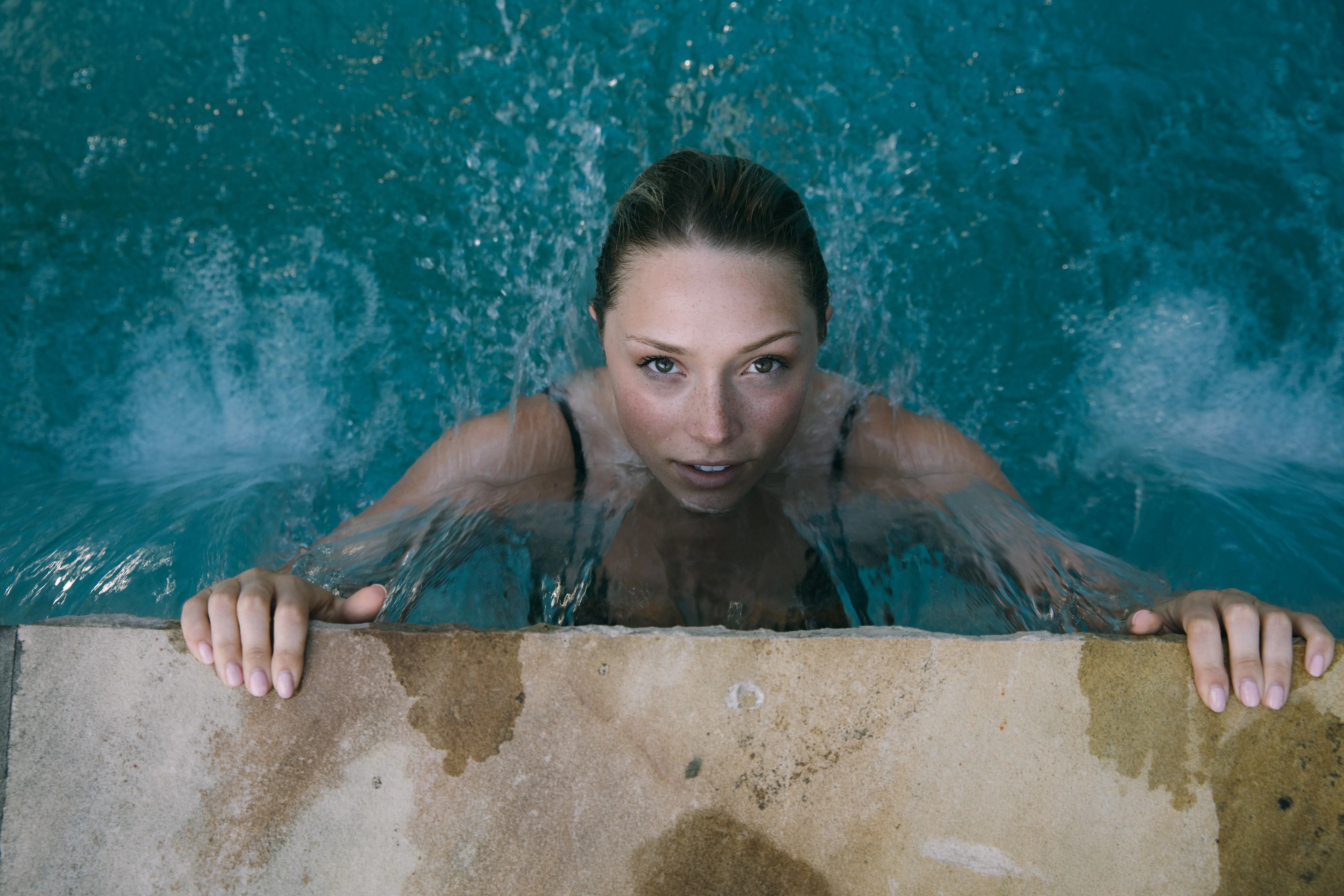Hydration and Nutrition: Fuelling Your Body for Swimming Success
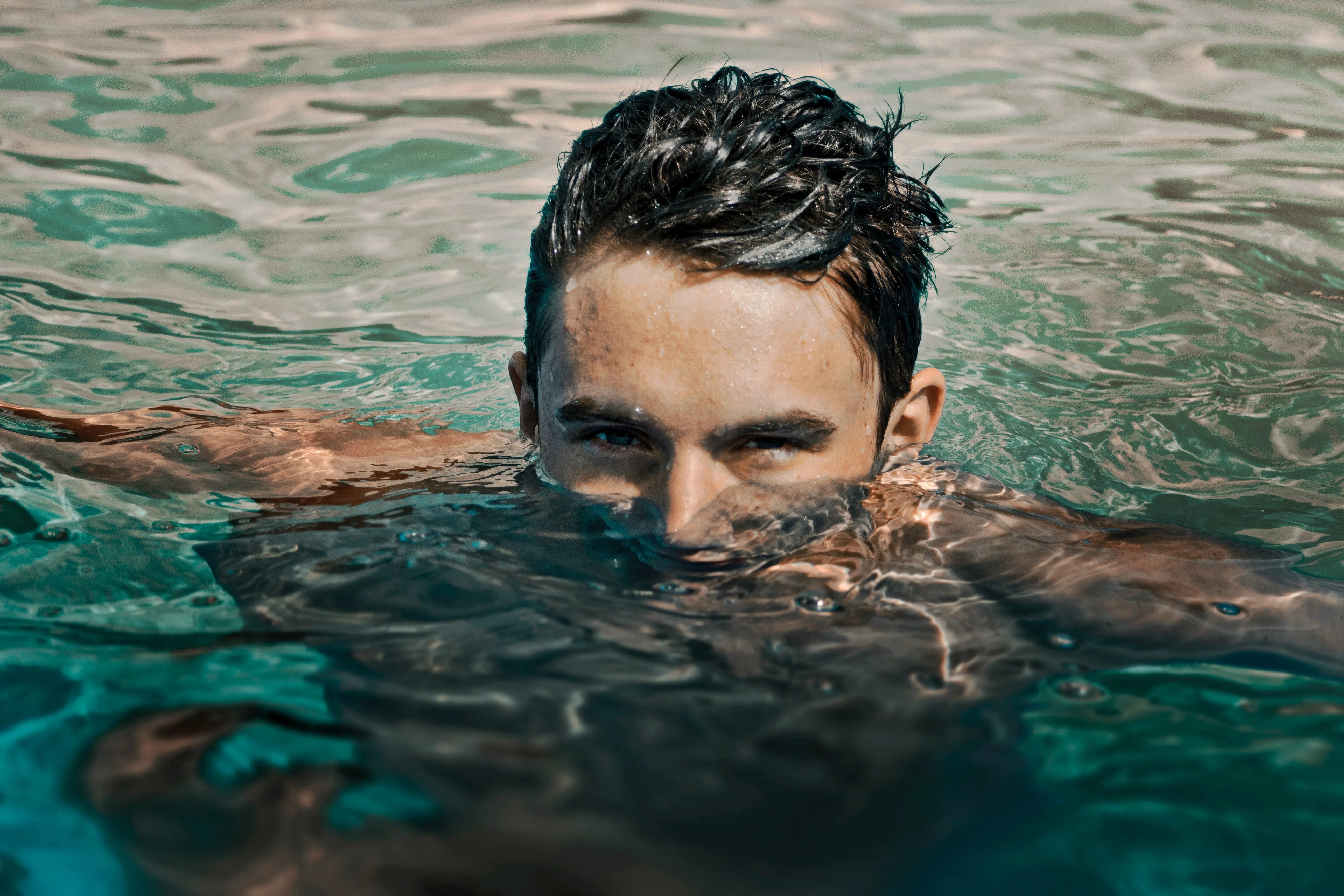
When it comes to swimming success, your efforts in the pool are only part of the picture. Proper hydration and nutrition play a crucial role in supporting your training, enhancing performance, and aiding recovery. So, how should you fuel your body for swimming success? This guide offers hydration and diet advice tailored specifically for swimmers.
Hydration: The Key to Performance
Staying hydrated is essential for maintaining performance in the pool. Even mild dehydration can result in decreased strength, speed, and stamina.
1. Pre-Swim Hydration: Begin your training or competition well-hydrated by drinking fluids throughout the day and having a hydrating drink 2 hours before your swim.
2. Rehydrate During Workout: For intense workouts lasting longer than an hour, drink a sports beverage that contains electrolytes to replace those lost through sweat.
3. Post-Swim Rehydration: After swimming, replenish fluid losses by drinking water or sports drinks. You can estimate fluid loss by weighing yourself before and after your swim.
Nutrition: Fuelling and Recovery
What you eat before, during, and after your swim plays a significant role in performance and recovery.
Pre-Swim Nutrition
Eating a balanced meal 2-4 hours before swimming helps to ensure you have enough energy for your workouts. Aim for a good mix of carbohydrates (for energy), protein (for muscle repair and growth), and healthy fats (for satiety).
Nutrition During Long Workouts
During prolonged training sessions or competitions, you may need to consume a source of easily digestible carbohydrates, such as a sports drink or a piece of fruit, to maintain energy levels.
Post-Swim Nutrition
After swimming, your body needs to replenish energy stores and repair muscle tissue. Eat a meal or snack containing both carbohydrates and protein within 30 minutes to an hour post-workout.
What to Eat
A swimmer's diet should be varied and balanced, providing all necessary vitamins, minerals, and nutrients for overall health and performance. Here are some food groups to include:
1. Protein: Include lean protein sources like chicken, fish, eggs, or legumes for muscle repair and growth.
2. Carbohydrates: Complex carbs like whole grains, cereals, pasta, and fruit provide the energy needed for intense swimming sessions.
3. Healthy Fats: Avocados, nuts, seeds, and olive oil provide lasting energy and aid in nutrient absorption.
4. Fruits and Vegetables: A rainbow of fruits and vegetables provides a range of vitamins, minerals, and antioxidants.
Remember, individual needs can vary greatly based on factors like age, sex, training intensity, and personal metabolism. Consider consulting a sports nutritionist to develop a personalised nutrition plan.
Proper hydration and nutrition are vital companions on your journey to swimming success. They fuel your body, aiding performance in the pool and facilitating recovery out of it. So, as you carve your path through the water, remember to also pave your way to optimal hydration and nutrition. In doing so, you're not just shaping a stronger, faster swimmer, but also nurturing a healthier, happier you.

